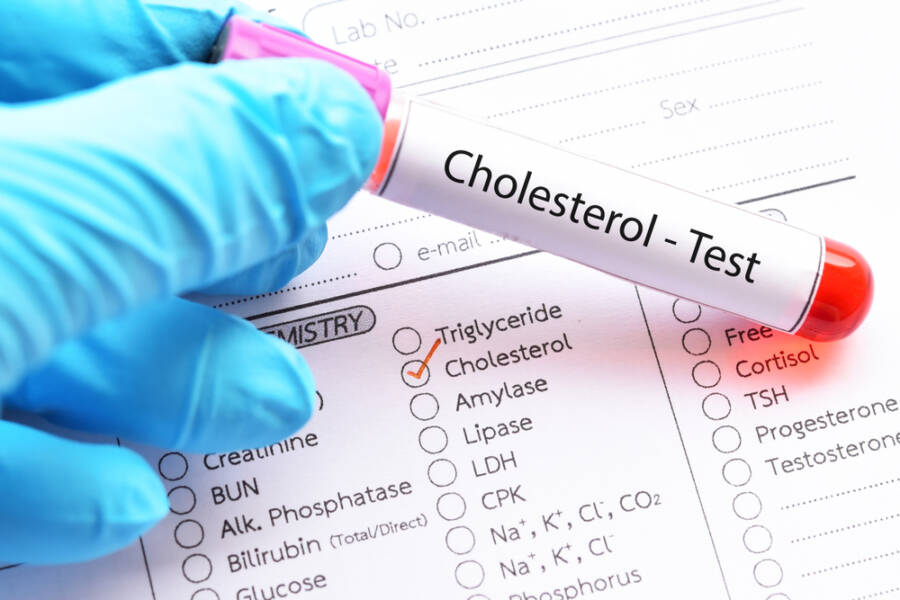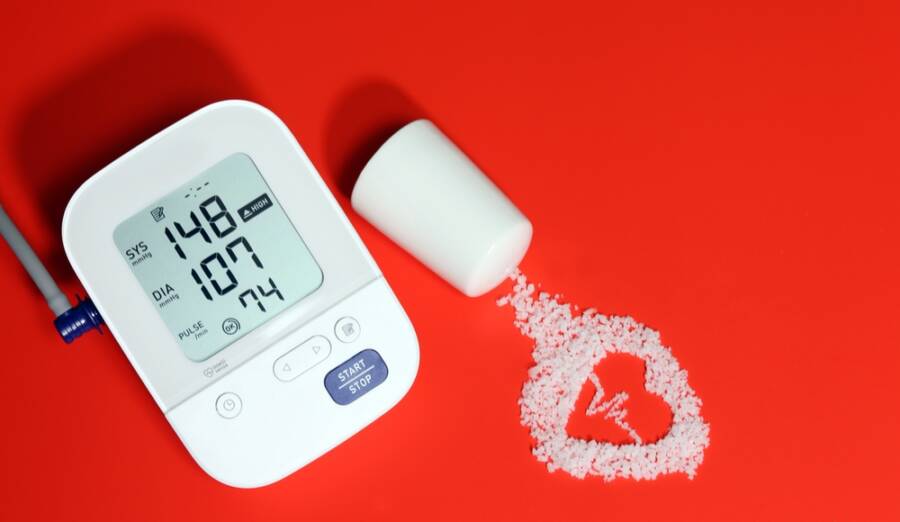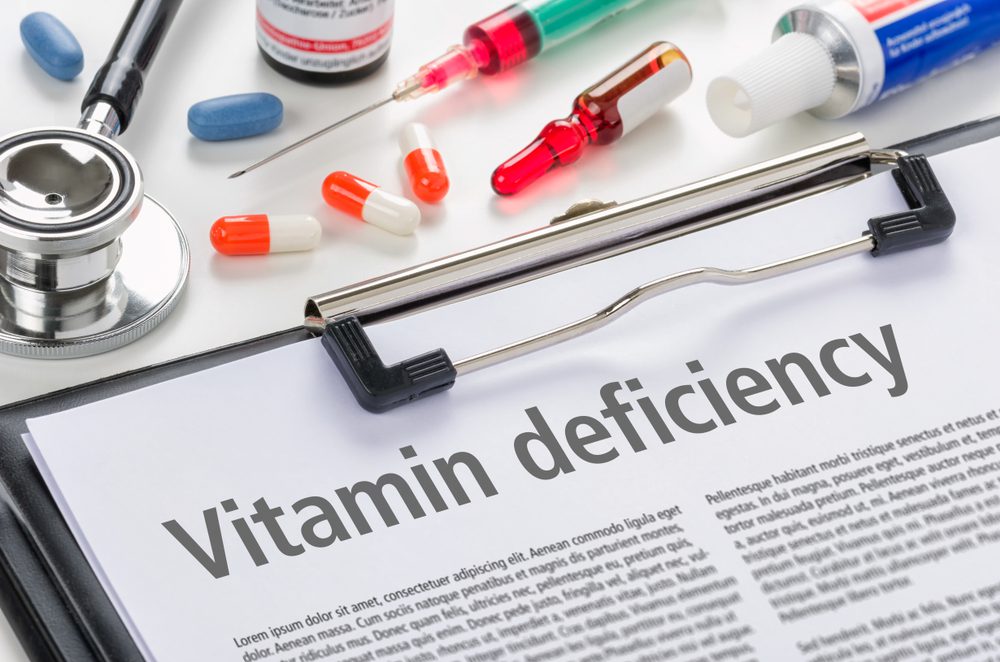Are You at Risk? Recognizing the Signs of a Deficiency
Your body often sends subtle signals when it’s not getting what it needs. Learning to listen to these whispers can help you catch a potential deficiency before it starts to shout. Here are some common symptoms associated with the nutrients we’ve discussed. If any of these feel familiar, it’s a great reason to start a conversation with your doctor.
Signs of Low Vitamin B12
Because B12 is so important for your nerves and energy, a deficiency can manifest in both physical and mental ways. Watch for unusual fatigue that isn’t solved by rest, a pale or jaundiced look to your skin, weakness, and sensations of pins and needles in your hands or feet. You might also notice difficulty with balance, a sore tongue, or changes in your thinking, like memory fog or confusion.
Signs of Low Magnesium
Magnesium is the great relaxer of the body, so a deficiency often shows up as tension. This can include muscle twitches, tremors, or painful cramps, especially in your legs at night. Other signs include fatigue, weakness, a loss of appetite, and even changes in your mood or personality. More seriously, it can contribute to an abnormal heart rhythm, which is why it’s so important to maintain healthy levels.
Signs of Low Coenzyme Q10
The most common sign linked to CoQ10 depletion, particularly for those on statins, is muscle-related. This can range from mild soreness and weakness to more significant muscle pain (myalgia). General fatigue is also a key indicator, as CoQ10 is fundamental to producing the energy your body runs on. If you started experiencing muscle aches after beginning a statin, CoQ10 depletion could be a contributing factor.
Signs of Low Potassium
When potassium levels drop, your muscles are often the first to notice. You might experience weakness, cramps, and even spasms. Since your heart is a muscle, low potassium can also lead to palpitations or an irregular heartbeat. Other common signs include fatigue, constipation, and a general feeling of being unwell.




















